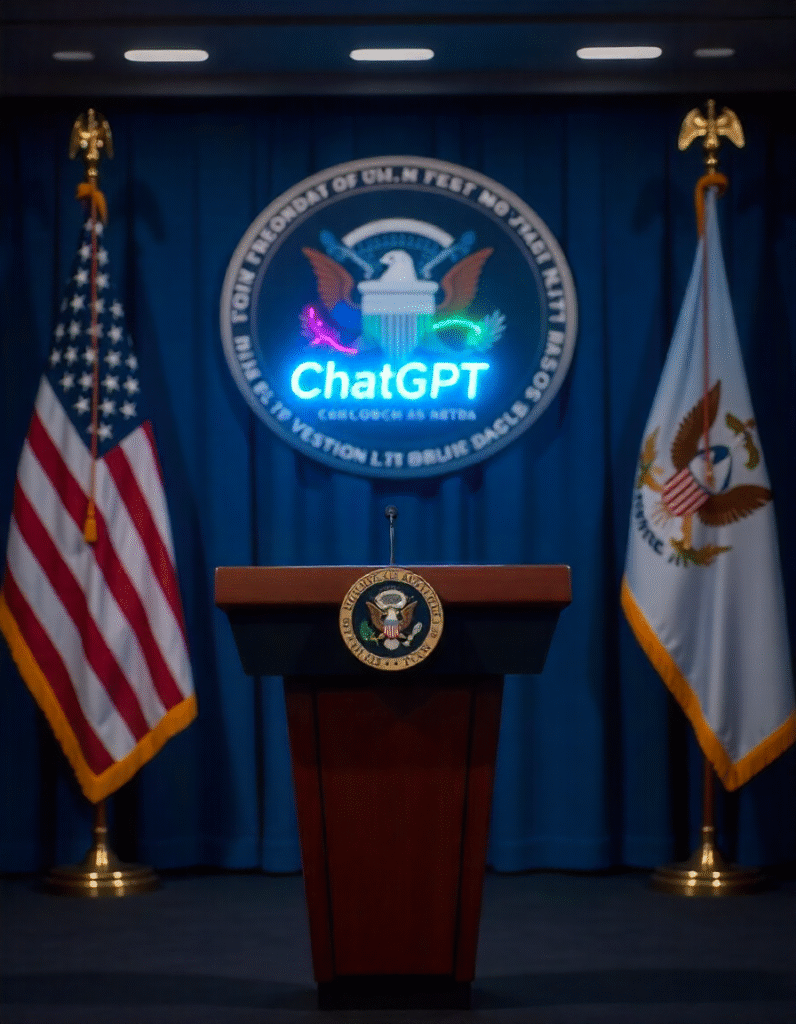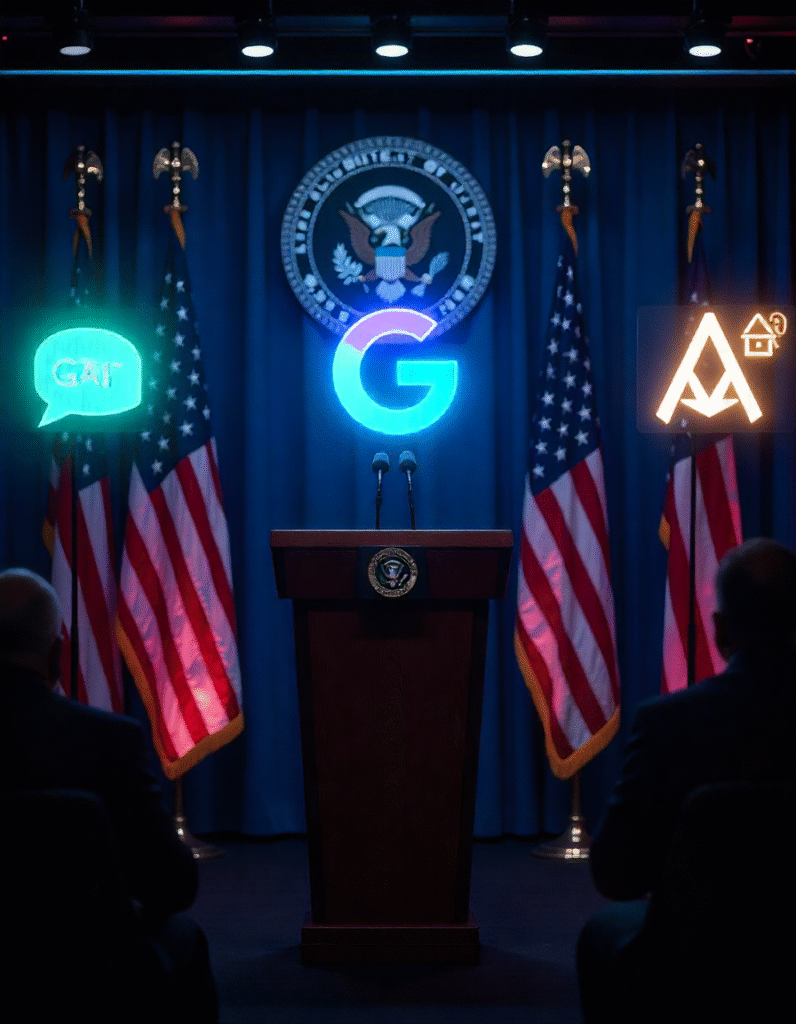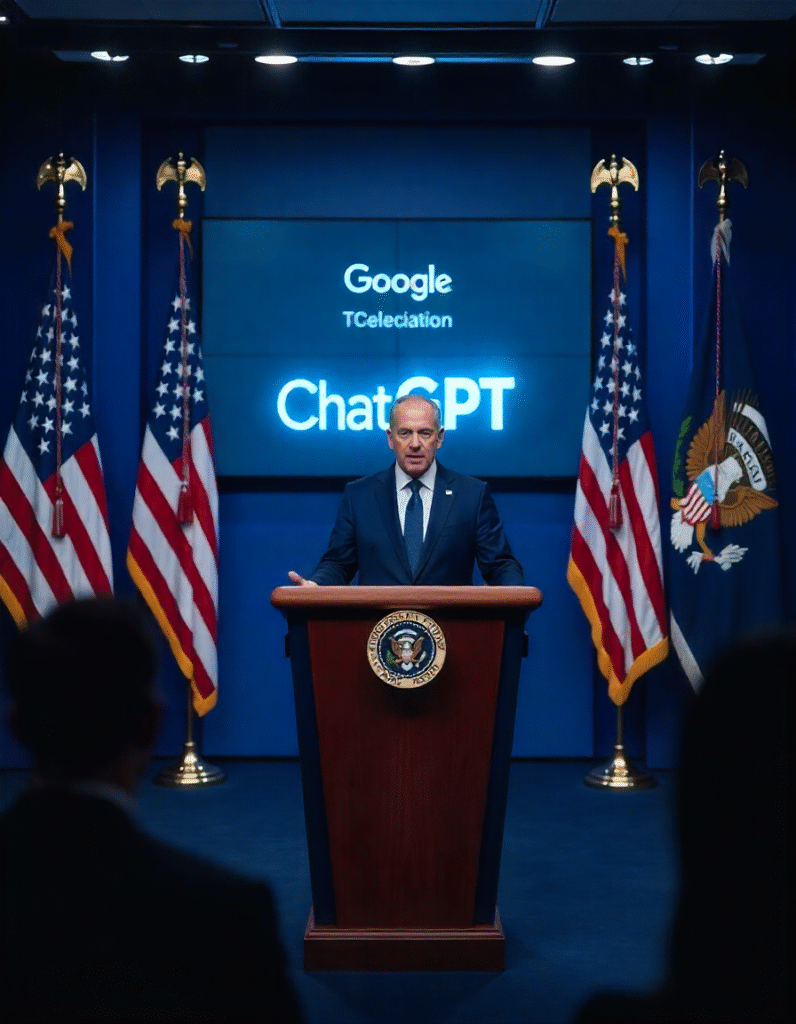On August 5, 2025, the U.S. General Services Administration approved ChatGPT, Gemini, and Claude as federal AI vendors. Explore what this means for government operations and AI adoption.
U.S. Government Approves ChatGPT, Gemini & Claude as Official AI Vendors

On August 5, 2025, the U.S. General Services Administration (GSA) officially added OpenAI’s ChatGPT, Google’s Gemini, and Anthropic’s Claude to its list of approved AI vendors. This landmark decision paves the way for federal agencies to procure and deploy these advanced AI tools through a streamlined contracting platform called the Multiple Award Schedule (MAS) (Top AI Tools List – OpenTools, Reuters, U.S. General Services Administration).
What is the GSA Multiple Award Schedule (MAS)?
MAS is the U.S. government’s preferred procurement system for standardized goods and services. By vetting vendors in advance, it allows agencies to skip lengthy negotiation processes and rapidly adopt approved solutions. With ChatGPT, Gemini, and Claude now on MAS, federal agencies can implement these AI tools across various departments—enhancing everything from administrative workflows to research capabilities (U.S. General Services Administration, MLQ).
Why Were These Vendors Selected?
The GSA emphasized that approved AI tools prioritize truthfulness, transparency, accuracy, and neutrality, aligning with federal standards — particularly those outlined in the Trump administration’s AI Action Plan launched on July 23, 2025 (Reuters).
This move marks a major shift from the limited-export, safety-first approach of the previous administration, signaling a broader push for AI adoption and innovation in public services.

What It Means for Federal Agencies
With pre-negotiated contract terms in place, agencies can quickly integrate AI tools for practical applications such as:
- Research assistance
- Administrative document automation
- Language translation
- Data analysis and reporting
The inclusion brings cutting-edge AI assets into government operations, enhancing efficiency and scaling innovation across departments (Reuters, WebProNews).
Strategic Implications of the Approval
- Accelerated AI Adoption:
By reducing procurement barriers, agencies can rapidly deploy AI tools, aligning with the federal push to integrate artificial intelligence in core functions. - Policy Realignment:
The approval reflects the Trump administration’s reversal of Biden-era AI restrictions. Instead of export limitations and safety regulations, the new policy supports wider access and deployment (Reuters). - Boost in Government Productivity:
By automating mundane tasks and improving data processing, AI tools are expected to significantly streamline workflows and enhance public service delivery.
Reactions from Industry and Experts
Tech analysts view this development as historic—positioning OpenAI, Google, and Anthropic at the forefront of AI integration in public sector technology. Experts highlight that MAS approval requires rigorous performance and security testing, reinforcing trust in these platforms for sensitive federal use (MLQ).
However, some caution against over-reliance on a handful of tech giants, urging continued evaluation and openness to additional vendors as more technologies mature.

What’s Next? Future Implications
- Expansion to State & Local Agencies:
Though initial deployment is at the federal level, many expect state and local governments to leverage MAS-approved AI tools soon. - New Vendor Entrants:
As AI adoption widens, more companies may seek MAS approval, promoting a more diverse vendor ecosystem. - Innovation in Public Services:
Tools like ChatGPT, Gemini, and Claude could transform areas such as fraud detection, policy drafting, public inquiries, and high-impact decision-making.
Conclusion
The GSA’s approval marks a turning point in how AI is integrated into government. By recognizing ChatGPT, Gemini, and Claude as federal vendors, the U.S. government is embracing rapid innovation, operational efficiency, and a broader AI strategy that balances ethical standards with technological advancement.
This change signals a significant opportunity—for public agencies and the private sector alike—to reimagine the role of AI in supporting public service, research, and national competitiveness.
Want help turning this news story into a full Discover‑friendly article, complete with FAQ schema, compact visuals, or affiliate link integrations? I can prepare the full blog brief. Let me know!